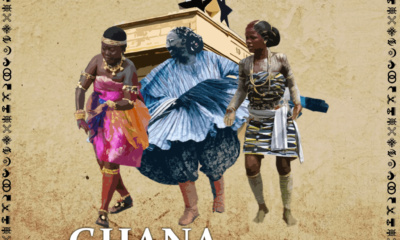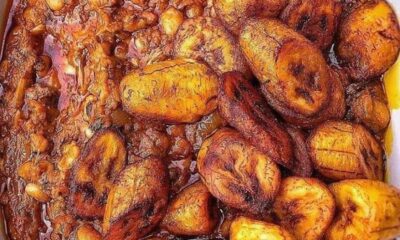Lifestyle
HISTORY: THE OSOGBO WAR OF 1840
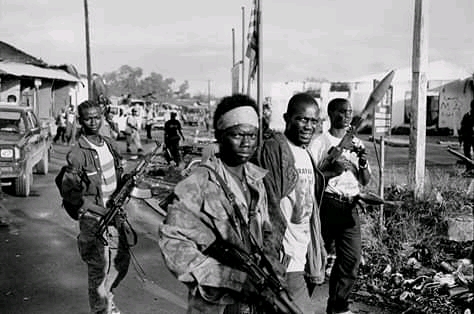
After the Fulanis systematically captured and made Ilorin their territory, they sacked the old Oyo Empire in 1835/1636 .
They were still not satisfied with their victory; they wished to extend their rule deep into the heart of Yoruba land. Thus in 1840, they set to capture Osogbo , a Yoruba town. The Fulanis, under the command of Ali , the Hausa balogun of Ilorin, laid siege on Osogbo.
When the king of Osogbo realized that the Ilorins were too strong for the Osogbo army, he summoned the Ibadans for help. Ibadan immediately sent some auxiliaries to Osogbo under the command of Obele alias Mobitan , and Alade Abimpagun. As this force could not stop the Ilorins, another contingent was sent to Osogbo under a more experienced leader. But still the Ilorins won every battle and gained more ground.
When Ibadan realized that the Ilorins were becoming more threatening to Yoruba land, they sent a large and stronger force under Balogun Oderinlo to crush the intruding forces and Jammas of Ilorin . When Oderinlo and his men arrived at the battlefield, they realized that things had gone worse than they thought.
They could not show their faces in the open field for the fear of the Ilorin horses, and for about 20 days after their arrival at Osogbo, they could not fight outside the town thickets. Oderinlo suggested that Elepo, a brave Ibadan warrior was badly needed at the war-front. Elepo had been rejected by the war-chiefs of Ibadan for his actions at the late Agbamaja expedition.
As soon as the message from Oderinlo reached Ibadan, the Bashorun wished he could send Elepo to Osogbo but could not go against the wish of other war-chiefs. The Bashorun gave Elepo a cow to worship his god, Ori , and pray for the victory of Ibadan at the war-front.
At the war-front, the Ibadan could not attack the Ilorins during the day because Osogbo was practically in a plain and the Ilorin horses might have advantage of them with disastrous results.
They decided to attack at dusk when the Ilorins would no longer be able to use their horses. About 2:pm, the well prepared Ibadan army left the gate of Osogbo for the battlefield. They were to keep a strict watch and arrest anyone suspected to be a spy.
About a mile from the Ilorin camp, they halted and arranged the order of the attack.
The Osogbo army and the earlier auxiliaries were to handle the center of the battlefield, chiefs Abitiko and Labuju were to command the right wing, Balogun Oderinlo with the rest of the Ibadan war-chiefs were to form the left wing of the army. The Ilorin camp was then attacked at midnight. The watchword was “ Elo ni owo odo? ” (How much is the ferry fare?).
The reason this watchword was chosen was because the river Osun had to be crossed in entering Osogbo from the south, and anyone who could not tell this was likely to be an enemy.
Stampede engulfed the Ilorin camp as the Ibadan army set it on fire. The Ilorins could not offer the slightest resistance; they were smoked with the gunpowder of the Ibadan guns.
This attack was a success for the Ibadan. Some Ilorin war-chiefs were captured in the attack. Prominent ones were:
1. Jimba the head slave of the Emir;
2. One of the sons of Ali the commander in chief;
3. Chief Lateju;
4. Ajikobi the Yoruba Balogun of Ilorin.
The first two were released while the latter two, being Yoruba by birth, were regarded as traitors and were executed. This was a huge victory for the whole of Yoruba land. After the Osogbo victory,
Ibokun, an Ijesa town not far from Osogbo was taken by the Ibadans for being an ally of Ilorin.
After this war, Ìbàdàn later became a force building a formidable war machinery than later prosecuted many other wars with resounding victory.
Notable among the wars was the KIRIJI WAR where the Ibadan warlords formed a historic alliance with the Igbajos. Even though Igbajo became the war front for many years that the war lasted, it was never captured by the raging Ekiti parapò warriors. Rather it was a place where many of them met their Waterloo.
Notable among the warriors were Fabunmi Okeemesi, Ogedengbe Agbogun gboro of the Ijesas, Apasikoto pasigegele of Igbajo and Latoosa of Ibadan to mention a few. There were many more great warriors of the time.
It’s worthy to note that the KIRIJI WAR was the last war in Yoruba land. It’s also recorded as the longest native war between in Africa.
Since then the Yoruba people have continued to build strong bonds among themselves and they have sustained the peace.
We must continue to tell our children the history of the Yoruba people and the bond which our father had built so that we can continue to see ourselves as one. If the Ibadan people can sacrifice their lives for the people of Osogbo in other to safe other towns and villages in Yoruba land and in essence the carnage of innocent people were prevented, then, we the modern Yorubas have no reason to divide ourselves for political reasons or any reason at all.
Our leaders must continue to put their lives in the forefront to safe the land from all aggression.
And we have the responsibility to support, to advise and to pray for all our leaders.
Fashion
Stephanie Appiah: The Visionary Behind Hairphanie and a Champion of Natural Hair
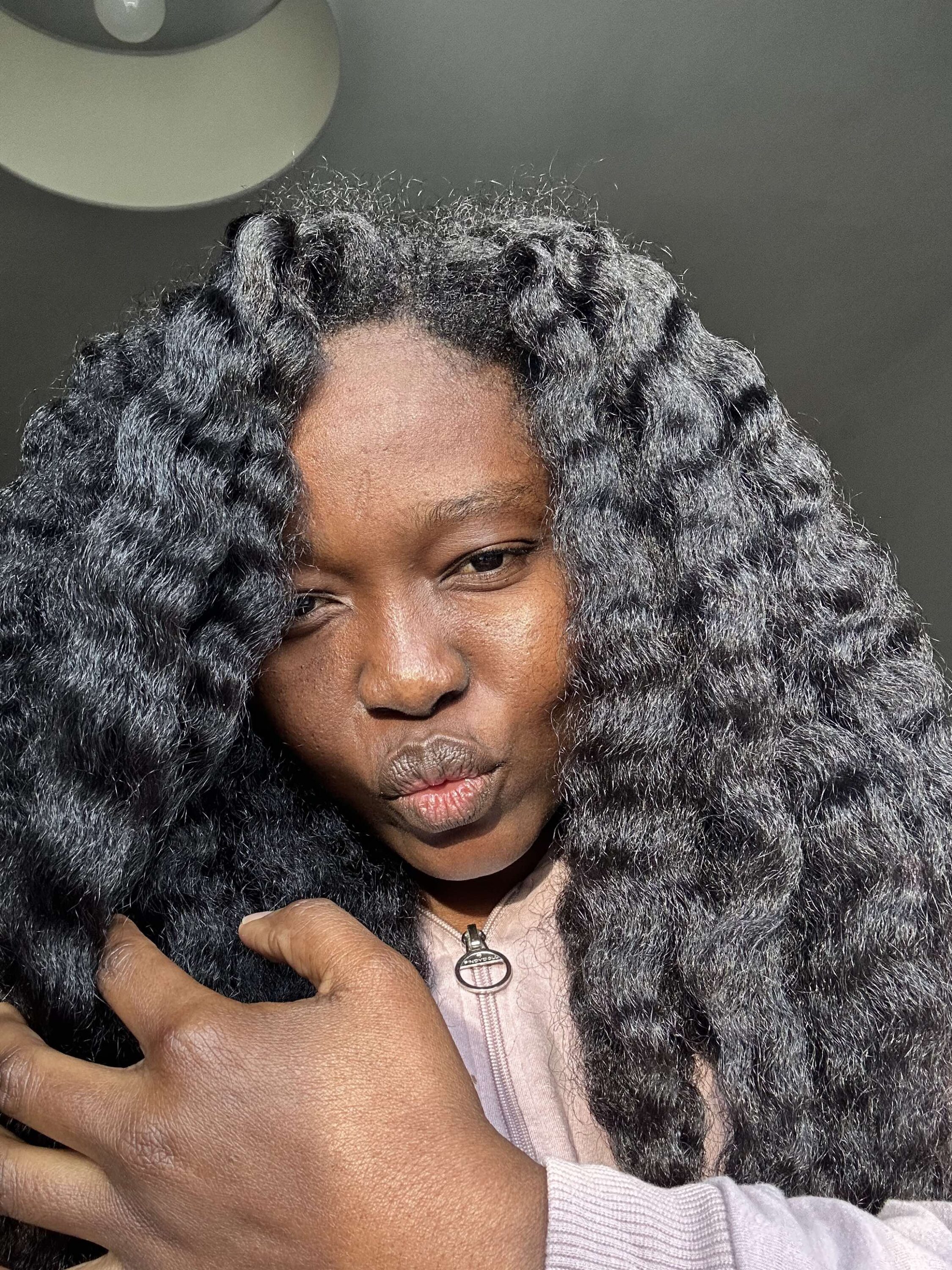
Stephanie Appiah, fondly referred to as Yaa Afrah, is a trendsetter in Ghana’s hair care industry. Her story is one of resilience, innovation, and empowerment, as she turned her personal struggles into a mission to help others embrace their natural hair.
Through her company, “Hairphanie”, Stephanie is reshaping narratives around African hair and inspiring women across the continent to wear their crowns with pride.

Stephanie’s hair journey began with challenges that many African women relate to. As a young girl growing up in Ghana, societal norms dictated that schoolgirls had to cut their hair short.
This stifled her ability to connect with her natural hair and learn how to care for it. After high school, she chose to relax her hair, but the decision came with devastating consequences. Scalp burns, bald patches, and hair damage became a regular part of her life.
“I felt trapped,” Stephanie recalls. “I wanted to love my hair, but I didn’t know how.”
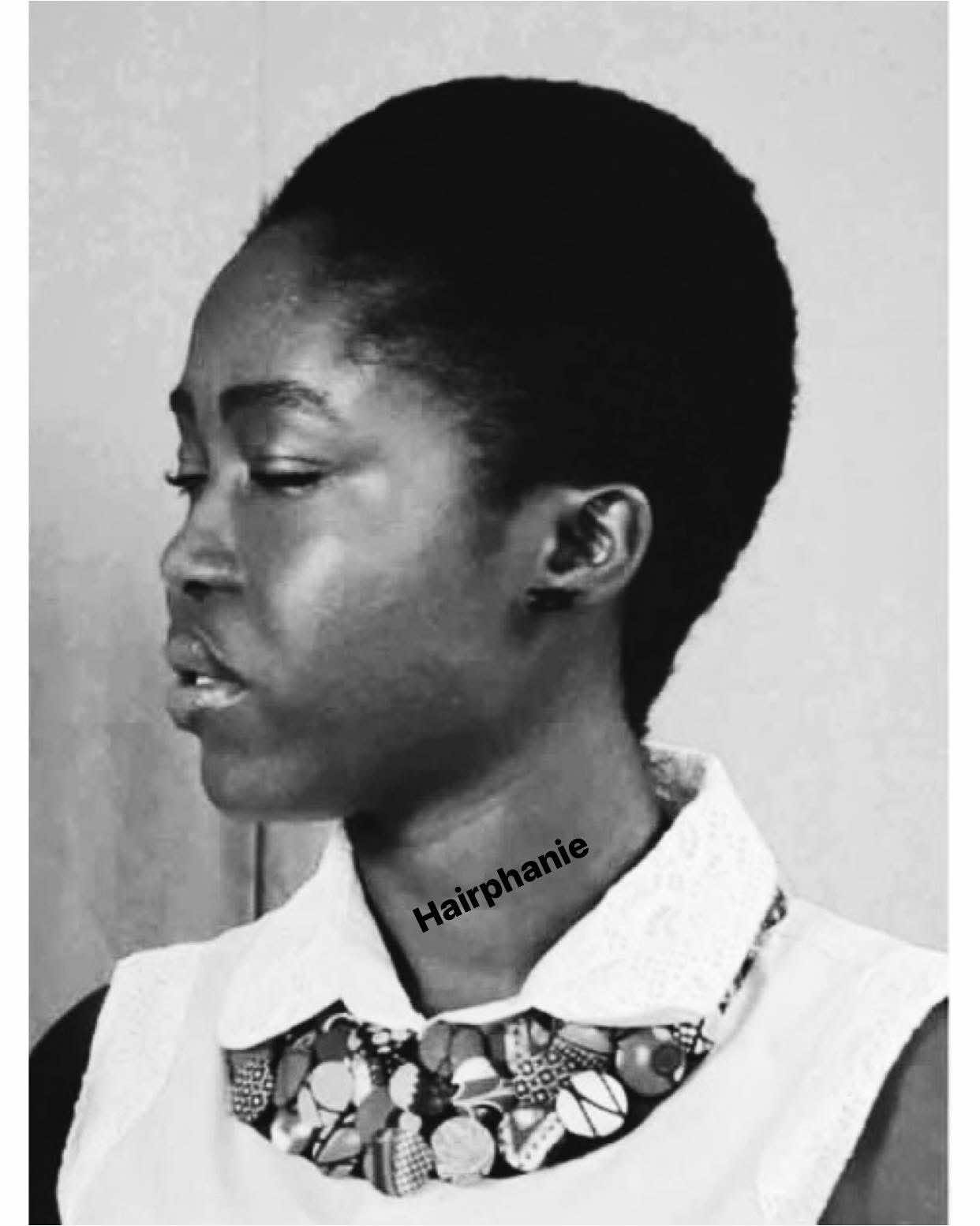
The turning point came in 2015 when Stephanie decided to stop relaxing her hair. Despite the lack of skilled hairdressers and products tailored to natural hair in Ghana, she committed to learning everything she could about caring for her hair.
Stephanie’s dedication to her natural hair journey led her to experiment with organic ingredients, formulating her own products to address the specific needs of her hair. Friends and family soon noticed her hair’s transformation and began asking for her help. What started as a personal endeavor quickly grew into a business.
In 2019, Stephanie officially founded “Hairphanie”, combining her skills as a self-taught hair stylist and organic hair care product manufacturer. The company offers a range of organic products and professional services designed to meet the diverse needs of natural hair.
“Hairphanie’s” mission is clear; to inspire people to embrace their natural hair while providing solutions that exceed expectations.
Stephanie’s impact goes beyond hair care. She is challenging deeply rooted societal norms in Ghana that discourage women from growing and maintaining their natural hair. By sharing her story and expertise, she has inspired countless women to embark on their own natural hair journeys.
One of her most significant contributions is her work in schools, where she advocates for policy changes that allow young girls to grow their natural hair. Stephanie believes that dismantling these restrictions is key to fostering self-acceptance and empowering the next generation.
“Hair is more than aesthetics,” Stephanie explains. “It’s about identity, confidence, and freedom.”
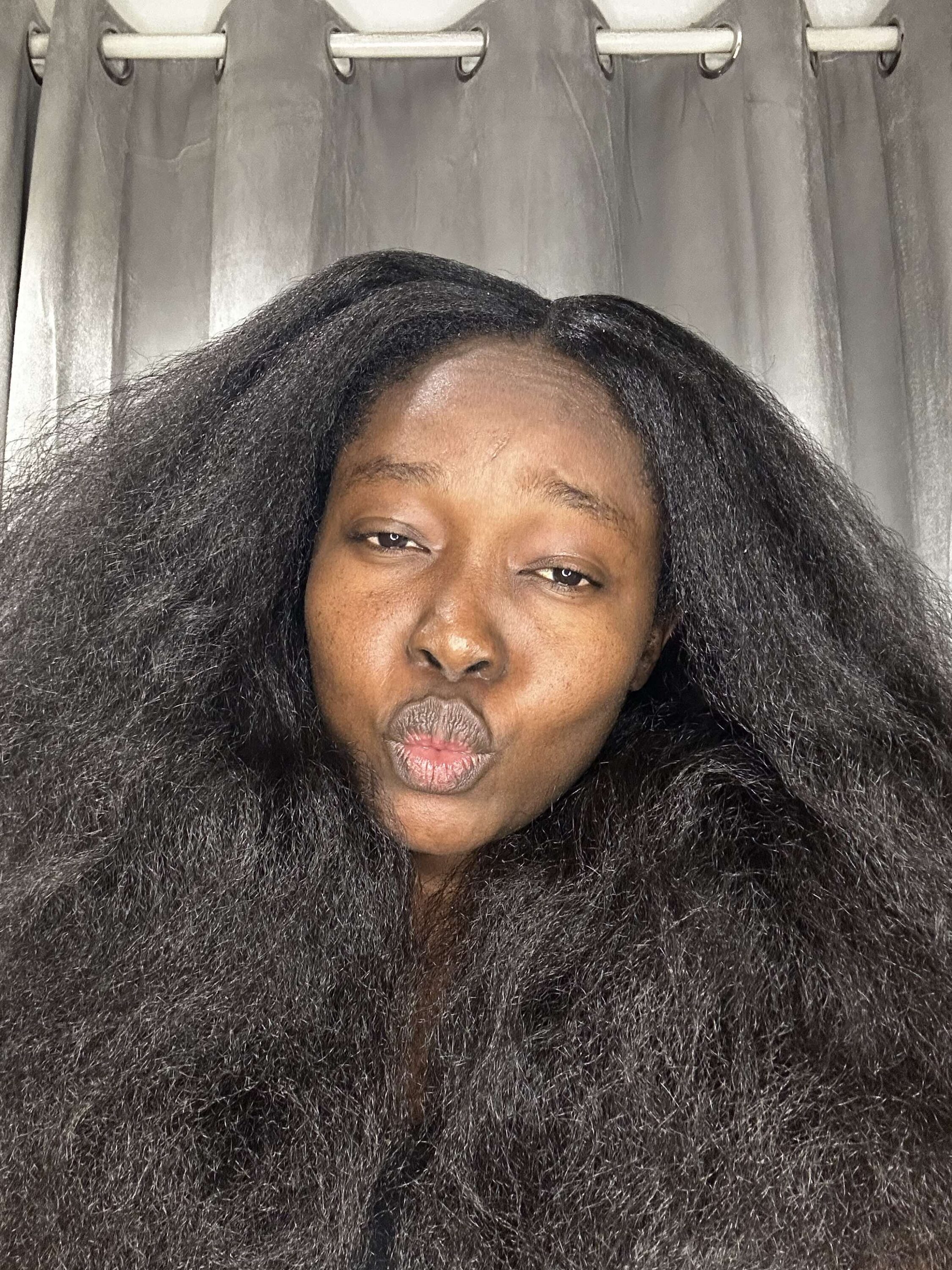
Hairphanie’s vision extends far beyond Ghana. Stephanie aims to make the company the most preferred hair care solutions provider in Africa and beyond. She plans to become a certified trichologist within the next five years, deepening her understanding of hair and scalp health to better serve her clients.
Stephanie is also working on her book, “Breaking the Crown”, The Journey of Yaa Afrah, which will delve deeper into her story and the societal norms she is fighting to change.
Through her resilience and determination, Stephanie Appiah has proven that African hair can grow long, healthy, and beautiful with the right care. Her journey serves as a powerful reminder that beauty standards are meant to be challenged and redefined.
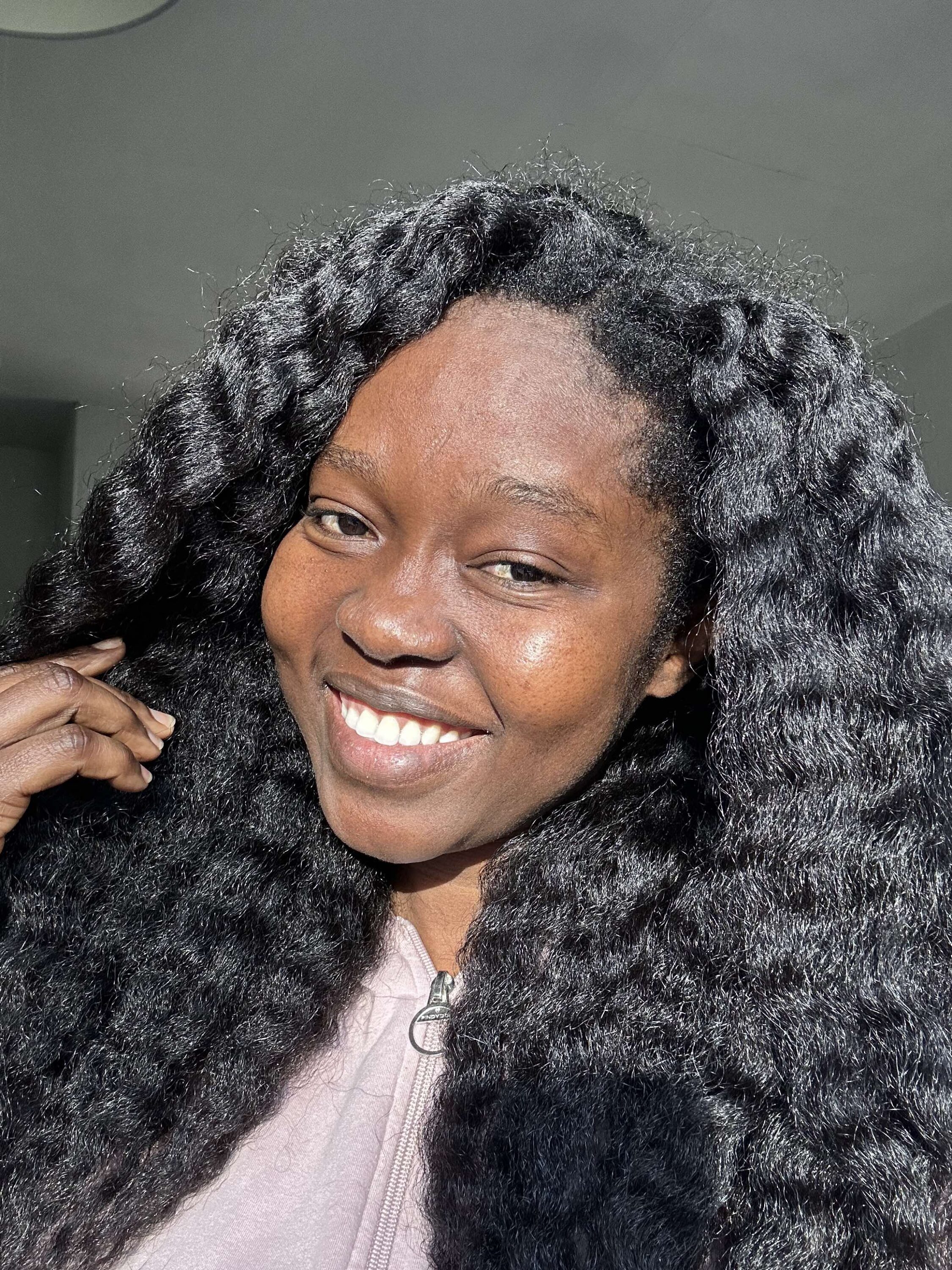
Stephanie’s story is not just about hair it’s about reclaiming identity, embracing individuality, and empowering others to do the same. By encouraging women to wear their natural hair with pride, she is creating a movement that celebrates African heritage and inspires self-love.
For many, Stephanie Appiah is more than an entrepreneur she is a symbol of hope, strength, and transformation. Through “Hairphanie”, she continues to prove that the crown we wear is one of beauty, resilience, and endless possibilities.
Buzz
“A year of excellence” Joe Kole Outshines All in 2024
In the current ghanaian music space, it will be unfair to give all credit to artists without acknowledging the efforts of music producers.
One producer whom we can not turn a blind eye to his recent works is Wodzrah George, widely known as Joe Kole. From the days of Flowking Stone through to the era of King Paluta and Amerado.
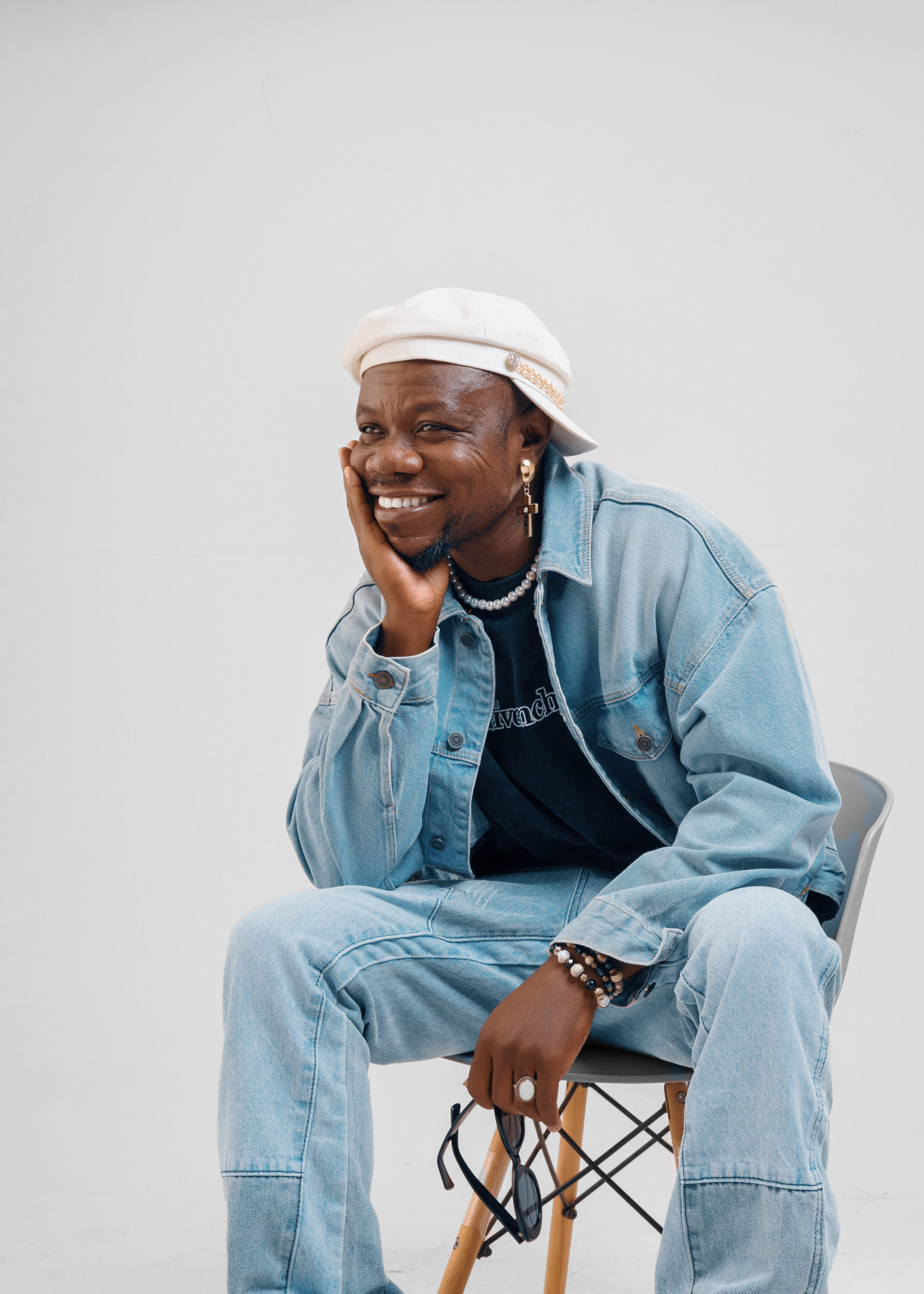
The champion music producer, Joe Kole, has proven to be a timeless producer; recently being behind 80% of hit songs in ghana and being a core influence in the rise of kumerican music vibe.
Top artists such as Strongman, King Paluta, Amerado, Sista Afia, Eno Barony, Rap Father .etc are now big names because of his genius production.
There is no doubt he is a legendary producer and needs to be remembered, applauded, and most importantly, awarded in the coming TGMA.
Rap heavyweight; Eno Barony is out with No Manual album, and Joe Kole produced most of the songs on it.
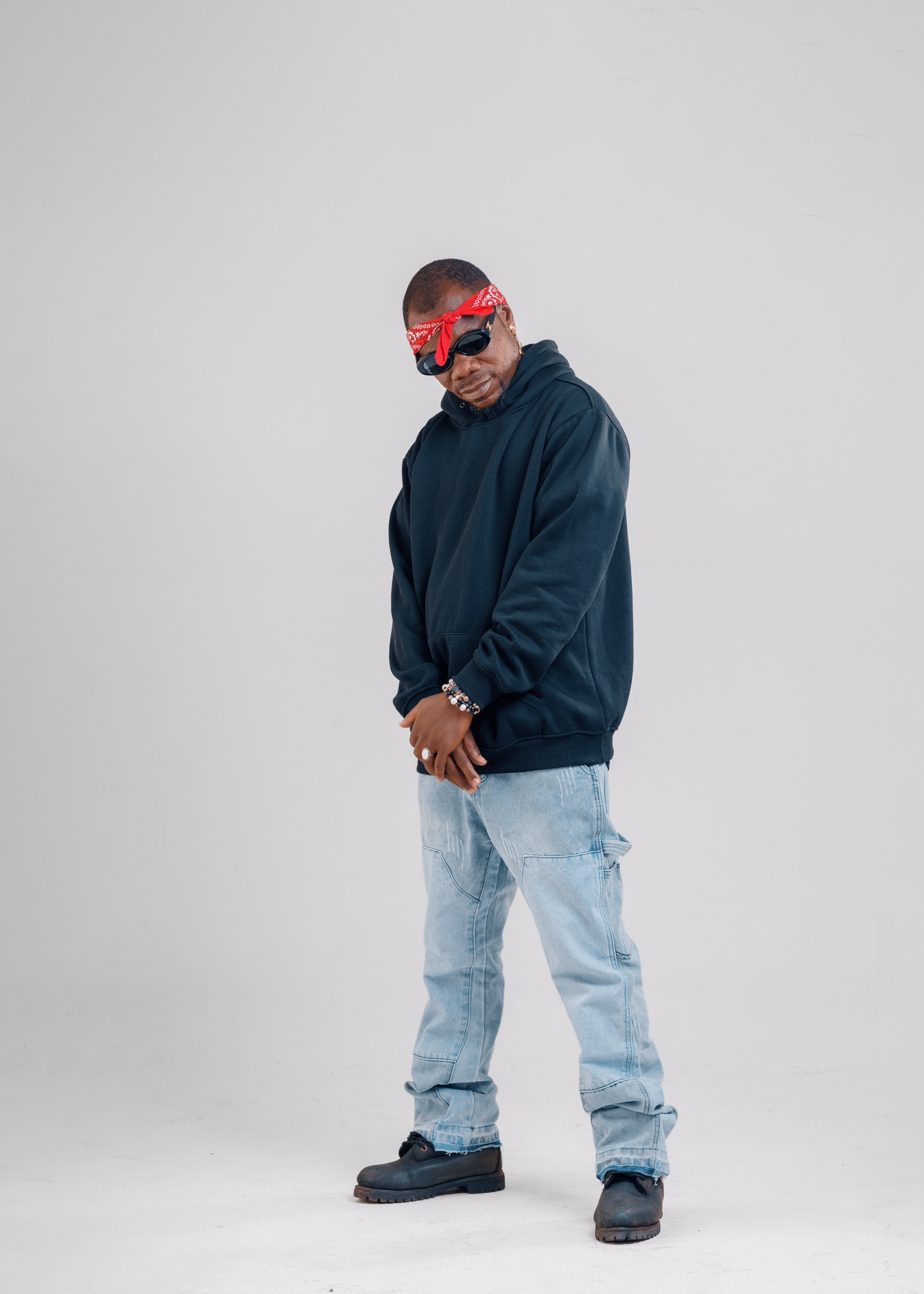
Joe Kole has shown signs of never slowing down, we hope TGMA acknowledges him. To know him more, you can follow him on
Facebook Joekolebeats
Instagram Official joekolebeats
Tiktok @joekolebeats
You Tube @joekolebeat3605
-

 MUSIC4 weeks ago
MUSIC4 weeks agoEid Mubarak: Magic Rocker Unveils Heartwarming Tribute “Abinchi Maidaadi”
-

 MUSIC3 weeks ago
MUSIC3 weeks agoPriestMadeIt’s “Monaco” Takes Listeners on a Sonic Baecation Getaway
-

 MUSIC3 weeks ago
MUSIC3 weeks agoGbona: Amapiano and Afrobeats Unite in Perfect Harmony
-

 MUSIC2 weeks ago
MUSIC2 weeks agoDeep Rankyn Recruits Mayoking On A New Song Titled “Odo Asem”
-

 MUSIC4 weeks ago
MUSIC4 weeks agoTakyi Kay Join Forces With King Paluta On ‘Free Your Mind’
-
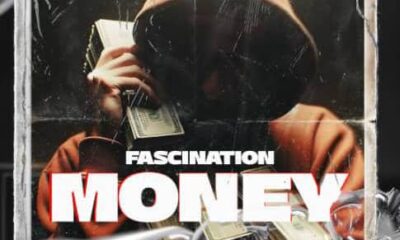
 MUSIC4 weeks ago
MUSIC4 weeks agoImmerse Yourself in the Magic of “Money” By Fascination
-
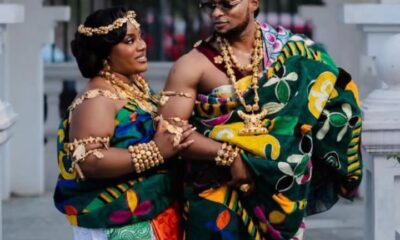
 ENTERTAINMENT1 week ago
ENTERTAINMENT1 week agoMusic, Love, and Culture: Joseph Matthew’s Wedding Celebration
-
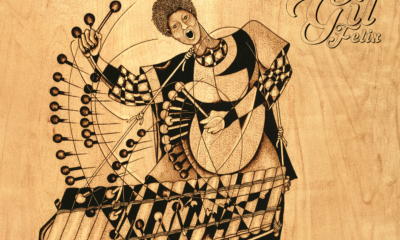
 MUSIC3 weeks ago
MUSIC3 weeks agoUbalafon” by Gil Félix: A Powerful Tribute to African Roots and Cultural Fusion









